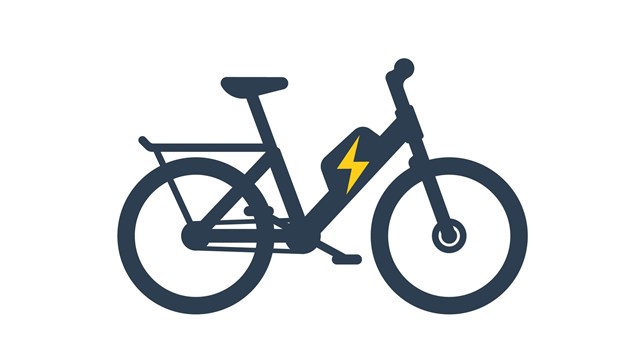Q We have a small condominium complex of 25 townhouses. One home is owned by the
son of the resident. The son does not live in the home. He has given his father a note allowing him to act on his behalf, as owner of
the property. Does this allow the father to serve on committees? Be elected to office? Surely, he does not have the financial concerns or common interests of an actual
invested homeowner.
--Interested Stakeholder
A The rights of a non-owner resident,” says Katharine A. Muscalino, an associate at the law firm of Porzio, Bromberg & Newman P.C., in Morristown, “are governed by the association’s master deed and bylaws. Some master deeds and bylaws provide that, where a unit owner does not occupy
his unit, the occupant (whether by lease or some other agreement), can enjoy
associate membership status. Non-owner occupants derive the right to use the common facilities from their
lease or other agreement with the unit owner. In addition to these rights, associate members are often permitted to
participate in association services and activities, including membership on
committees. They are not typically entitled to vote, serve as board members, or
inspect the association’s books and records. Associate memberships can be advantageous to the community,
as they encourage non-owner resident investment in the condition of the common
facilities and participation in the association’s activities.
“In the scenario described in the question, if the association’s master deed and bylaws permit associate memberships, the father can be
designated an associate member of the association. As an associate member, the
father typically would be eligible to participate in all of the association’s activities, including serving on committees. However, the father would not be
permitted to vote unless given a proxy by the son. Even with a proxy from the
son, the father would be barred from being elected to the board because the
father is not a voting member of the association.
“If the association’s master deed and/or bylaws do not provide for associate memberships, the rights
of a non-owner resident are subject to the relevant provisions of the
association’s master deed and bylaws, if any, and the New Jersey Condominium Act (“Condominium Act”). The Condominium Act only contemplates voting and service on the board by unit
owners. The Condominium Act does not discuss committee membership. Thus, if the
association’s master deed and bylaws do not specifically provide for associate memberships,
the father’s rights are limited to the specific provisions of the master deed and bylaws.
In the absence of any provisions addressing the rights of non-owner residents,
the father may not vote or serve on the association’s board or committees.”







Leave a Comment